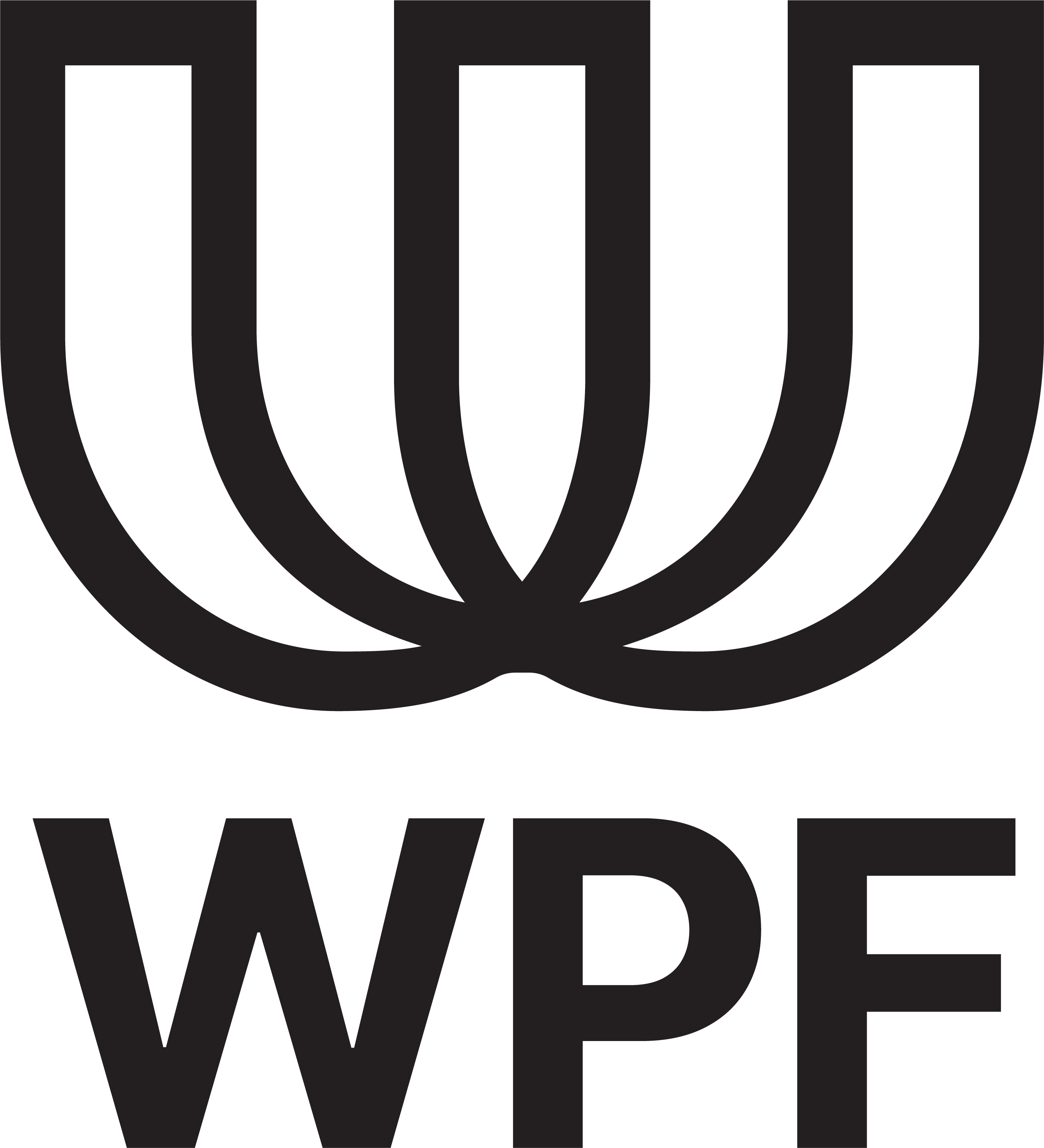full
Introducing Disrupting Peace
Disrupting Peace explores why peace hasn’t worked, and how it still could. In each episode, Bridget Conley, research director at the World Peace Foundation, speaks with a researcher specializing in one obstacle to peace, and an activist who’s changing systems from the ground up. Together they explore what worked, what didn’t, and why we shouldn’t give up. Episode 1 launches September 24th.
Disrupting Peace is a production of The World Peace Foundation. Find out more at worldpeacefoundation.org.
Transcript
Mamello: You know, when you sent the question, I was like, oh no, oh no. I only know how to identify problems, not solutions.
[Music comes up]
I’m Bridget Conley, research director at the World Peace Foundation, and host of the new podcast “Disrupting Peace”, a show about why peace hasn’t worked, and how it still could.
I’ve spent my career trying to understand conflict, and how we can end it. Back in the 90s, when I was a college student, there was this air of optimism. It might sound crazy to say now, but we honestly believed that we had solved world peace.
The Cold War had ended, and democracy had won. All we needed to do was end wars, organize multiparty elections, and transition to free market economies -- then the world would be at peace, right?
Needless to say, we were wrong. But hope is not lost. And that’s where Disrupting Peace comes in. In each episode, I speak with a researcher specializing in one obstacle to peace, and an activist who’s changing systems from the ground up.
We explore topics like nuclear weapons & the arms trade, how artificial intelligence is changing war-making, the upcoming U.S. Presidential election & more.
Ray: It's just a way for corporations to make a lot of money, and they make more money if there's more killing and more war.
Sam: I went to the White House, I worked on the bombing of Serbia.
I remember pinning above my desk this New York Times op ed that I helped generate, which was a just and necessary war, bombing for humanity's sakes, it makes the world a better place. I believed it.
Bill: We have made a difference in the past. I think a lot of people don't realize that citizen action has won huge victories.
And while the topics are serious - think nuclear annihilation, and terminator take-overs - we’re not.
Mamello: Since I was only one years old at the first democratic election where Black people are allowed to vote, my mother tells me I was on her back and I was there screaming Viva Nelson Mandela, Viva!
Sam: The road from Kosovo to Iraq led me to rethink the whole era, and the Kool Aid I had drunk and, try to drink other beverages since then.
Episode One of “Disrupting Peace” launches September 24th. You can find us on Spotify, Apple Podcasts, or wherever you listen. Subscribe now, so you don’t miss a single episode. We’ll see you then!


